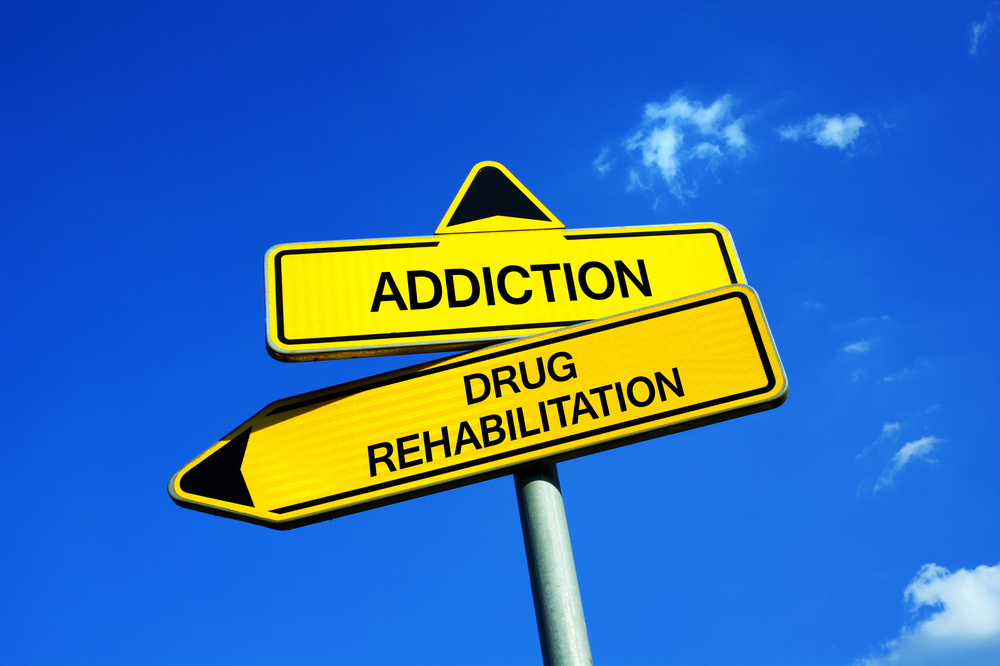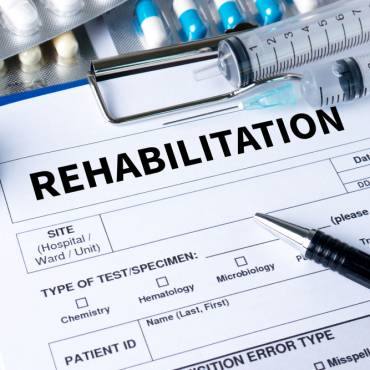It is not at all easy to lead a healthy and sober life. Lifelong commitment and dedication is required to achieve such lifestyle.
Steps of the Addiction Rehab Process
The specific stages of the addiction rehabilitation process are different according to the type of addiction; the treatment plan opted for, and the individual looking for rehab. However, the process of recovery links with the following points:

Also Read: Gastroenteritis: the ailment and its symptoms
- Intake process– It is the process of recognizing if a specific addiction rehab center is a better option for you or not. It is a stage to assess the questions in regard to center that you think are essential to you. The drug rehabilitation center will also initiate with some questions and there might also be a need to go for some diagnostic tests or screenings to find out how the program can most effectively fit its treatment plan for you and your needs and also the level of addiction. The center will also try to understand the level of your addiction, your past record of drug use, any family history of addiction, and also financial arrangements for treatment.
- Detox- Detoxification is needed at the initial stage of rehabilitation process for almost all drug andalcohol addictions. This stage of detox therapy is specifically composed to eliminate all the elements of drugs and alcohol from the body. In some cases, prescription drugs are also used to ease the withdrawal symptoms connected with certain drugs. The severity of the detox process depends on the following:
- Body proportion and substantiality
- A specific drug used and its dosage
- Duration of drug used
- Any other addiction
Detoxification is done under the supervision of experts and is a safe process. In fact, it is very important for some people who are suffering from chronic health issues, but, it is not suggested to detox on their own as it gives rise to other health problems like dehydration, vomiting, nausea, etc.
- Rehab-Once patients are done with the initial detox from drugs or alcoholism treatment, they continue through rehabilitation. It makes them understand the major reasons that made them addicted, telling more about those issues so that it is easier to move on without any chance of looking back to drugs, alcohol, or their addictive behavior. Some of the therapies in rehab include:
- Individual Therapy-In this therapy, patients generally introspects to identify when they started taking the substance and the reason behind the start.
- Group Therapy-Group sessions are for recovering from addiction through interaction with others who are dealing with the same situation. It has been proved very helpful for the individuals who are recovering as when they get to know that there are more people in the same struggle and this also keeps them diverted and away from depression.
- Family Therapy–During these sessions, family members can share pain faced due to the addiction of somebody whom they love unconditionally and their craze to see that person leading a healthy life. This therapy can be effective in reducing this problem so that the family can become a support pillar once the patient is discharged from the rehabilitation facility.
- Recovery– Sometimes even after the completion of the rehabilitation program, patients are not fully recovered. Infact, for some, recovery is a lifelong process, that needs their continuous devotion and attention. At times, the path of recovery seems easy. But sometimes, it is difficult for individuals to oppose the craving to the setback. It is a way leading to different terrain, so it is essential to have a lifelong support.
Also Read: All about Asthma: its symptoms and medication
Before leaving an addiction treatment program, the patient should see the counselors to discuss aftercare strategies. Many addiction rehab facilities offer follow-up programs to help patients as they return to normal life. These plans are for improving recovery and encouraging the patient. It includes weekend stays at the rehab center whenever there is a need of motivation. A patient can also opt for a sober living facility for some time with the individuals who are in the recovery stage as in a sober living facility, recovering patients show their creativity and keep their mind diverted by performing chores, working at an outside job, and also participating in group therapy sessions. This offers them a positive point of view to see toward their lives instead of negative once. In fact, many patients maintain consistent therapy sessions even after rehab, and some also keep schedule drug testing so that they are accountable to their sobriety. Group therapy is a perfect method of creating a support system in your surroundings.



